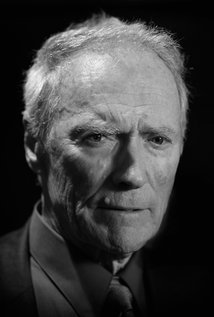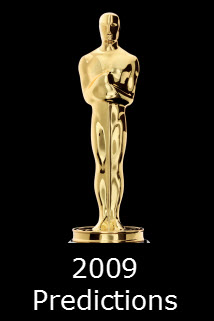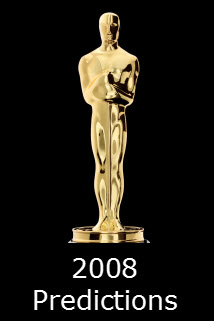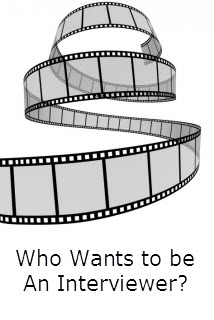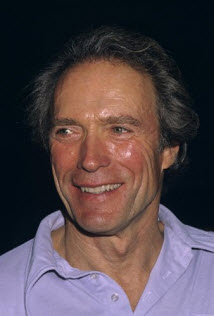Trouble with the Curve (2012)


Content by Tony Macklin. Originally published on September 24, 2012 @ tonymacklin.net.
Trouble with the Curve should be titled Trouble with the Cliche.
It was not written by a hitter; it was written by a hacker.
It's depressing to think that Clint Eastwood's final screen appearance may be in this junkball movie.
Clint is known for delivering memorable lines of dialogue, but there isn't a single worthy line for Clint to spit out. The dialogue is flaccid. "Make my day" is now "Make my urination."
Maybe that's why he spends most of the movie with a hemorrhoidal scowl.
Throughout his fabled career Clint's persona has been graced by credibility and authenticity, but this time out he seems graceless and second-rate.
He is gaunt - almost haggard - as he wanders through a thin performance.
I thought Clint gave a memorable performance in Million Dollar Baby (2004) that would stand impressively if it were his last. At the end Clint walked down a hall in a hospital and out a door. This was followed by a shot of a rural diner where his character probably wound up. It was evocative.
Then Clint decided to appear on the screen again. He gave a performance in Gran Torino (2008) that was probably an even better swan song. His character Walt Kowalski was genuine Clint. It was credible and authentic. It would have stood as a perfect finale to his acting career.
For some reason Clint decided to trump both previous performances with a return to the screen in Trouble with the Curve. Maybe the character of Gus Lobel appealed to him, but it's difficult to imagine the writing did.
Clint has told a lot of people - including me - that fans always ask him about Dirty Harry making a return. He scoffs at the idea.
Instead of Dirty Harry, in Trouble with the Curve, he's Gloomy Gus. Give me ancient Harry. He at least might have flair.
Trouble with the Curve is the story of Gus Lobel (Eastwood), an aged scout for the Atlanta Braves, who drafted the likes of Chipper Jones, et al.
Gus is coming to the end of his contract and is facing the possibility of forced retirement. He is Old School and the young guns, dependent on the Internet for analysis, are trying to oust him.
Gus is losing his sight and is terminally grouchy. His friend and boss (John Goodman) contacts Gus's lawyer daughter Mickey (Amy Adams) and informs her of her father's condition.
She joins her dad in North Carolina, where he is scouting a high school slugger, who is very much a clod.
Mickey yearns to relate to her estranged father, who after her mother's death deserted her as a young child. She has lived her life trying to prove herself.
In North Carolina a scout for the Red Sox appears - Johnny Flanagan (Justin Timberlake). He was a pitcher who had been discovered by Gus, and then had an injury which ended his career. Now he's a scout with plans to become a broadcaster.
They make an odd trio.
It all ends in totally contrived hokum. The Clint we knew and loved would have rasped, "What is this crap?"
There was resolute humanity in Clint's fine performance as Walt Kowalski, but Clint's Gus is mostly just cranky. Clint gives an occasional Clint-smile, but otherwise he's forgettable. It's disheartening to see Clint being drab and sour.
Amy Adams and Justin Timberlake have a few engaging moments when they flirt, but mostly they're around to prop up Clint.
Clint's son Scott plays Billy Clark, a slumping player who needs his mommy and daddy.
Matthew Lillard is vacuous in a thanklessly rigged role as a would-be executive on the rise for the Atlanta Braves.
The most contrived role in a movie of contrived roles is Bo Gentry (Joe Massingill). He puts the slug in slugger in a dull caricature. He's an odious, one-dimensional figure. If he's going to be cartoonish, Massingill would be more comfortable playing Bluto in Popeye.
Director Robert Lorenz, Clint's longtime producer, does the icon no favors as first-time director. With another first-timer - screenwriter Randy Brown - he creates a sophomoric mess.
Lorenz and Brown are amateurish D-leaguers.
Brown puts phony lines in Clint's mouth. Gus says, "Did you hear Jurrjens pitched a no-no?" [No no-hitter.] Yeah, a veteran scout would say "no-no."
When Johnny stops on the roadside to watch boys play baseball, a young boy who is batting left-handed is pretending to be A-Rod. Yeah, a left-handed boy would pick a right-handed batting star to emulate.
The crowd scenes are embarrassingly directed by Lorenz.
I never thought I'd miss Clint's tinkling piano music, but Lorenz replaces it with mediocre strings. Late in the movie there's a little piano, but it's not Clint's sound.
Clint Eastwood has always had strong will, creativity, and integrity. But this time they're not evident.
Trouble with the Curve is Clint Eastwood's most trite movie.
It's a no-no.


